Today, parents of teens know that technology brings special challenges. For some parents, the rapid changes in technology may be a bit of a mystery. The majority of teens, 95%, have access to a smartphone, and these devices have seemingly limitless ways to connect, including messaging apps, internet connectivity, social media, and games. New apps arrive daily that teens may hear about and use while adults are still out of the loop. Even tech-savvy parents may be at a loss about how to talk about digital risk with teenagers. You are not alone. This article will provide some information about risks and easy tips that can help you guide your adolescent to healthy use of smartphones.
Research has identified some positive aspects of smartphone use for youth, such as, connection with friends and access to news and information. But, devoting too much time and energy to activities on the smartphone has negative effects on healthy weight, attention, healthy sleep patterns, and mood. Helping a young person in your life to have moderation on their smartphone will require open communication. Parents can limit smartphone usage especially during family time and at bedtime and can provide positive role modeling by having a balanced lifestyle that includes a variety of leisure activities.
Besides the concern of spending too much time on the phone and apps, there are other risks from smartphones. Youth developmentally have a desire to spend time communicating with their peers, many begin feeling attraction to their peers, and some want to be in relationships. Smartphones are a component of relationships today. Youth engage in sexting (sending or receiving sexy texts, images, or video) at rates that may be surprising to adults. The reasons youth give for sexting are that it feels “fun” and “flirty”. Parents can help youth know the law about sexting. Also, parents can start from an early age reminding children that any digital image or video that is shared is public (not private). When a picture or video is shared in a direct message to someone with or without encryption, it is public. Once someone receives a digital product the recipient controls how it is used afterwards. Parents can let youth know that they are open to talking about topics such as sexts and that they want to support the young person in developing healthy relationships.
Another concern associated with smartphones is adult content. Most youth see internet pornography sometime during their childhood or play video games with adult content. So it is important to speak early with children about adult content on the smartphone. Parents can tell adolescents that themes in video games and pornography are theatrical and do not represent real relationships. For example, porn actors engage in consent in contracts, but themes in porn often do not show consent. Also, sexuality is within the context of healthy relationships, which is not the way it is in porn or video gaming themes. Pornography often has violent themes and this misinformation can be damaging to teens seeking to understand healthy sexual behavior. Many video games popular with youth have violent content. Parents can let youth know that they are open to talking about upsetting or adult content that children may encounter while using a smartphone.
Though smartphones are a useful for youth with a number of benefits, parents need to feel comfortable speaking to youth about the risks. Parents can share with youth that too much time on a smartphone can be unhealthy. Also, parents can open conversation about healthy relationships and responsible use of smartphones with others. Although sensitive parents would typically never read their child’s diary, we recommend that parents provide guidance with smartphone use by knowing the passwords to their child’s phone and apps to monitor how the device is used. The smartphone, unlike a diary, has many risks that parents need to feel empowered to help teens manage. By following these tips, parents can provide guidance to make smartphone use safe for teens.
Author: Marcie Hambrick, PhD, MSW, Director of Child Sexual Abuse Prevention
For support call the Parents' Helpline 1-800-CHILDREN (1-800-244-5373) OR 1-802-229-5724
Or visit our website PCAV@PCAVT.org to find the COVID-19 Resource Guide; and the Vermont Parents Home Companion and Resource Directory.
You could also call 211 for information about a broad variety of resources.

